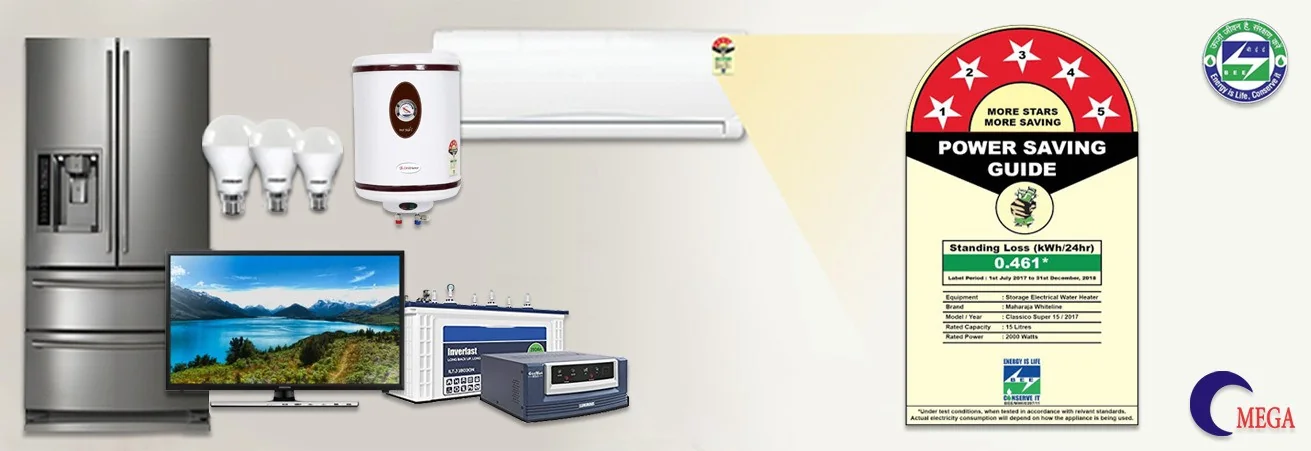Energy Efficiency Rating by BEE

Do the Earth a favour, be a Power saver
The "energy labeling programme" under Bureau of Energy Efficiency (BEE) is one of the major thrust areas of the Government of India. A key objective of this scheme is to provide the consumer an informed choice about the equipment's energy efficiency, thereby, the cost saving potential of the product. The scheme targets display of energy performance labels on high energy end-use equipment and appliances and lays down minimum energy performance standards.
We provide services for "product type approval for energy efficiency labeling" from BEE and have run-up an impressive list of clients.
We provide customized services to our clients and have roped-in retired BEE officers in our pool of experts for unmatched accessibility and relations in BEE hierarchy, enabling us to function seamlessly and efficiently.